
What to do after a car accident
Last updated February 20, 2023
A single, momentary lapse of concentration is often all it takes to cause a car accident. Whether you or another party were at fault, the aftermath of a car accident can be stressful and confusing.
Although you may not want to think about it, as a motorist, the possibility of experiencing a car accident at one time or another is a very real one. Therefore, it is important to be aware of the correct procedure to follow in the event of a car accident, for your safety and that of anyone else who is involved – and to ensure compliance with the law.
In this guide, we will outline what to do immediately after a car accident, including everything you should record and document before leaving the scene – and when to contact the police or ambulance service.
We’ll also explain the law and your rights in the event of a car accident – and the process you should follow if you decide to make a personal injury or insurance claim.
Value your car in under 30 seconds
What to do immediately after an accident
-
Stop your car as soon as it is reasonably possible; it is an offence not to do so.
-
Turn off your engine and switch the hazard lights on.
-
Verify whether you or any passengers in your vehicle are injured.
-
If the collision was minor and there were no injuries, make a note of this, in case any other parties later attempt to claim for an injury. If anyone is hurt or the road is blocked, you should call the police and the ambulance service immediately.
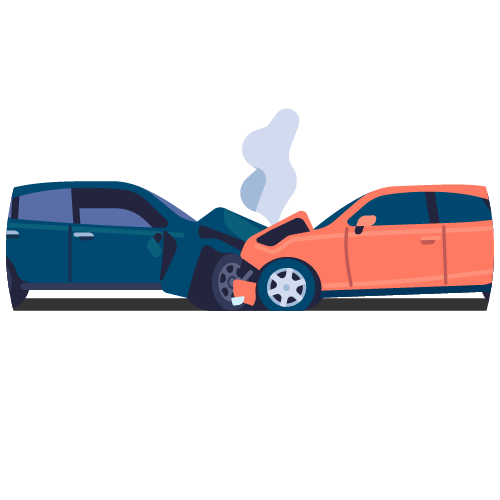
Whilst a car accident of any kind can be a distressing experience and it is completely normal to be shaken, you should try to remain as calm as possible. Take several deep breaths – and take the time needed to regain your composure.
Don’t apologise to any other parties – or admit responsibility for the accident unless you are certain what has happened. This can help to protect you from liability if the accident was not your fault.
Collecting information after an accident involving another driver
-
Gathering details after the accident
You should collect the names, addresses and insurance details of any other drivers involved. Also try to find out whether they are the registered owner of the vehicle. If they are not (e.g. if they are driving a company car), you should establish who the owner is – and obtain their details.
-
Giving details after the accident
Share your name and address with anyone who was involved – and share your insurance details with any drivers that were involved; this is a legal requirement.
-
Additional information to collect
If a foreign lorry was involved in the collision, you should record the numbers on the lorry and its trailer (as these sometimes differ) – and the name of the company that appears on the lorry/trailer (if applicable).
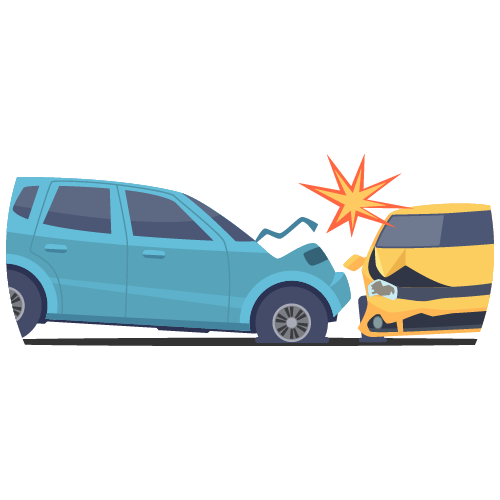
What information should you record at the accident scene?
- The time and date when the collision occurred.
- The makes, models, colours and reg numbers of any vehicles involved. (You can note down these details or photograph the relevant vehicles.)
- The driving conditions at the time of the incident (i.e. the weather, lighting, visibility, the road’s condition, markings – and the quality of its surface).
- The nature of the damage caused to each vehicle in the collision – and where it was sustained.
- The names and contact details of any witnesses to the incident.
If possible, you should also use your smartphone to take pictures showing where any cars involved are positioned – and where they have been damaged. These photographs may be useful if you need to prove your version of events at any point in the future.

Can I report an accident after 24 hours?
You should report a serious road traffic accident to the police within 24 hours. If you fail to do so within this timeframe, you could be prosecuted, in addition to facing penalties such as points on your licence and disqualification from driving.
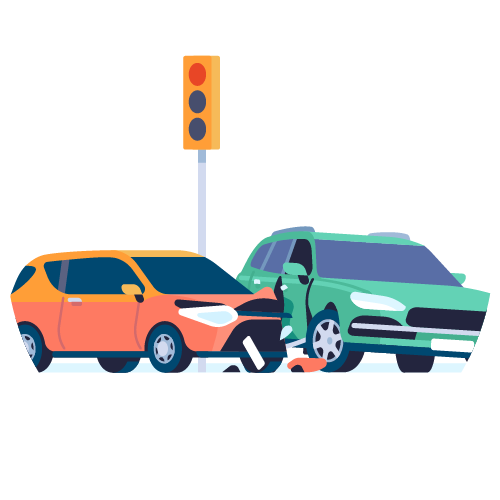
What if the car accident wasn’t my fault?
If you were not at fault, you can use a credit hire company, as opposed to making a claim through your insurer.
A credit hire company can cover the cost of any necessary repairs on your car - and the hire of a courtesy car for you to use whilst they are carried out. They will then claim this money back from the insurer of the at-fault driver.
What should I do if a car hits me from behind?
If your car has been hit from behind by another vehicle, you should first check yourself and any other passengers for injuries. Then, contact the police and report the accident.
Take good quality pictures from different angles that clearly show any damage caused to your vehicle as a result of the accident. Be prepared to explain how the accident occurred when police officers attend the scene.
You should also request a copy of the accident report for your reference. Finally, contact your insurer to report the accident to them.
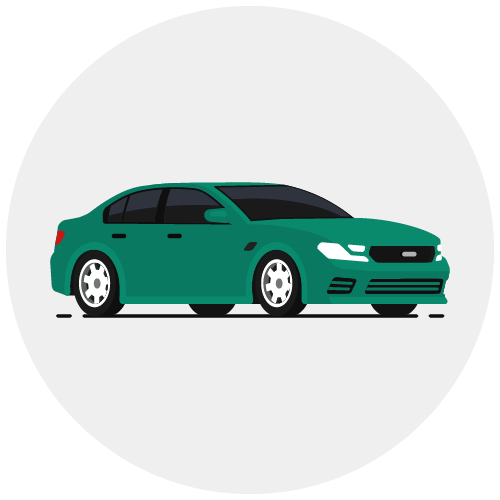
What should I do if the accident was minor?
If the collision was minor and nobody at the scene sustained injuries, it is not necessary to contact the police or the ambulance service. However, you should still make a note of these facts, in case anyone else involved later makes a claim.
When should you contact the police?
If you are involved in a road traffic accident, you will need to contact the police to report the incident if:
- You were unable to exchange details at the scene of the accident.
- If anyone involved in the accident was injured.
- If you think a crime or driving offence has been committed.
The Metropolitan Police advise that you should only call 999 if the accident is serious (involving a serious injury or offence) or if a road has been blocked. In other, less serious instances, road traffic accidents can be reported – as soon as possible, within 24 hours of the accident - either online or at a police station.
If you are unable to gather details from anyone else involved in the accident, because they’ve left the scene or simply refuse to provide them, you should remain at the scene and call the police on 101 for help.
Reporting an accident to the police promptly is critical if the other driver is not traced and you are injured. Failing to report the accident to the police usually disallows any claim for injury if the at-fault driver cannot be traced.
Do you have to report every car accident to the police?
Not every road traffic accident needs to be reported to the police. Less serious accidents, which cause no injuries and have no allegations of criminal or driving offences do not need to be reported, as long as those involved exchange details.
In all instances of road traffic accidents, all involved should report the incident to their insurance company as soon as possible. This is always a term of the insurance policy and failure to report can potentially allow an insurer to refuse to provide cover or honour any claims made under the policy.
What documents do the police need after an accident?
The police may require certain documentation and information to investigate your road traffic accident.
The good news is you won’t need to provide much of it – the police will be able to use your details - and those you have collected from others involved in the accident to find the documents they need online.
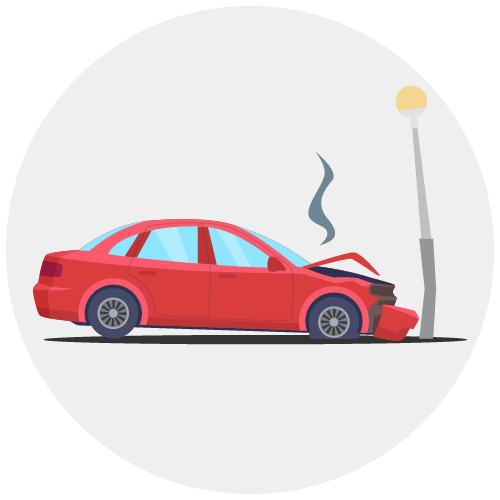
What if I have a crash that doesn’t involve another driver?
If you’ve been involved in a single-vehicle accident, you may not need to report it to the police, so long as no one has been injured, nothing other than your vehicle has been damaged and no criminal offence has taken place. If you’re in any doubt about the above, you should call 101 for help.
If your single-vehicle accident is more serious (causing yourself, a passenger or anyone else to be injured, leading to damage to other private or public property, such as parked vehicles) or a criminal offence has taken place, you should always call 999.
In any case, always inform your insurer of the accident as soon as possible.
I had a car crash – what are my legal rights?
If you’ve been involved in a car crash, you have extensive legal rights covered by the criminal law, the law of negligence and the law of contract.
Immediately after the accident, you are entitled to the details of the other party involved in the accident - and you should report the incident to the police if anyone is injured, an offence has been committed, or if the other driver fails to provide their details or drives away.
If the other driver has committed an offence, such as driving with excess alcohol, you should expect the police to pursue this. The criminal courts can order compensation to be paid in addition to any claim you bring.
Accidents must always be reported to the relevant motor insurer. In many cases, you will be entitled to advice, support and assistance from your insurer. This will depend on each individual policy, but benefits often include the provision of a hire car, or legal expenses insurance to support you in bringing a claim.
You may also need the support of roadside recovery services such as the AA or RAC because of the accident - and you may also have a range of support and benefits available under your roadside membership that you have a contractual right to use.
Irrespective of any support available to you from your insurer or roadside recovery provider, taking legal advice is an automatic right - and many firms of solicitors will provide free initial guidance to point you in the right direction. If you are not at fault, you are legally entitled to bring a claim for personal injury, financial loss and any vehicle-related damage caused by the accident.
Time limits apply – and for most personal injury cases, court proceedings must be issued within 3 years of the accident, if the claim is not resolved by negotiation. Most claims do not require court action and for minor injury claims, a self-service option is available if you do not want to use a lawyer.
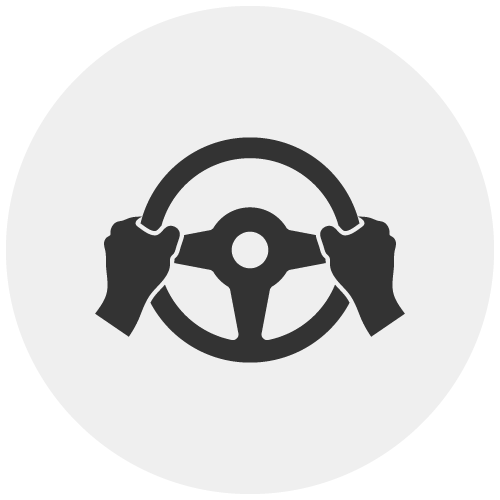
Is it legal to drive your car immediately after an accident?
It is an offence to simply drive away immediately after an accident. You must, in all instances, stop to ensure anyone and everyone involved is ok, exchange details with others involved and – if necessary – contact the police and emergency services.
If the accident is less serious, as long as your vehicle is driveable and safe to drive, you are allowed to drive away from the scene, but only after you’ve exchanged details and checked in with all involved.
Even if your vehicle is driveable, it is recommended to have it checked for damage as soon as possible and don’t forget to inform your insurer.
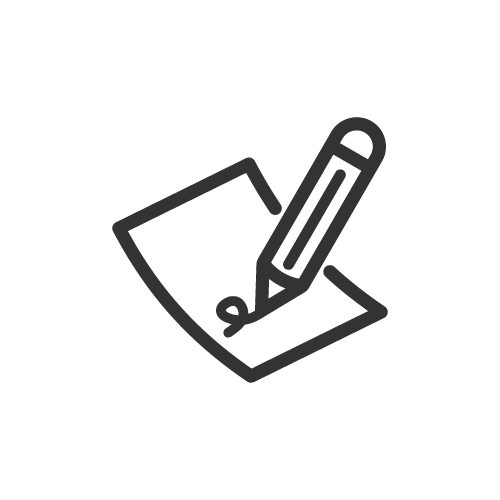
Do I have a right to other driver’s information?
In short, yes - but only certain information.
All drivers involved in a road traffic accident are legally obliged to provide their name, address, and car registration details to anyone who has reasonable grounds for requesting them. This is because these details are important when reporting an accident to the police, who will use them in any potential investigations.
There is no legal requirement for anyone to provide their insurance details; however, it is advisable for those involved in an accident to exchange these details, as it can help to speed up any insurance claims resulting from the accident.
Claiming compensation
Many people involved in road traffic accidents seek compensation by making personal injury claims.
These claims relate to physical or psychological harm, as opposed to personal property damage.
You may consider making a personal injury claim if you were involved in a road traffic accident and you were not at fault – or another party was partially at fault.
Seatbelt law
The seatbelt law in the UK is simple. If you’re using a seat in a vehicle that is fitted with a seatbelt, you must wear it. If you don’t, you could be leaving yourself open to a £500 fine.
There are some exceptions, however. As outlined on the Government website, you don’t need to wear a seatbelt if you’re:
- A driver who is reversing, or supervising a learner driver who is reversing.
- In a vehicle being used for police, fire and rescue services.
- A passenger in a trade vehicle and you’re investigating a fault.
- Driving a goods vehicle on deliveries that is travelling no more than 50 metres between stops.
- A licensed taxi driver who is ‘plying for hire’ or carrying passengers.
There are also some valid medical reasons for not wearing a seatbelt, which will require a ‘Certificate of Exemption from Compulsory Seat Belt Wearing’ to be shown to the police if you’re stopped.
The other important reason to wear a seatbelt is that they play a critical role in reducing injuries in the event of an accident. If you are injured in a road accident and you aren’t wearing a seat belt, any compensation you receive will be significantly reduced, as you will be deemed to be partly at fault for your injuries.
Making an insurance claim
If you intend to make an insurance claim following a car accident, you should contact your insurer as soon as possible – ideally before you leave the scene of the accident. When you speak to your insurer, be prepared to give them the following information:
- Your policy number – or identifying information such as your postcode and reg number.
- The reg numbers of any other vehicles involved in the accident.
- The other driver’s name, address and telephone number.
- The other driver’s insurance details, if available.
What insurance details do I need to give after an accident in the UK?
If you are in a car accident, but no one is injured, there is no legal requirement to provide your car insurance details. However, exchanging details of your insurance companies and policy numbers with others involved can help to speed up the claims process.
If you were involved in an accident where another party was injured, you are legally obligated to provide your insurance details to anyone at the scene who has reasonable grounds to request them.
What happens if you don’t inform your insurer about an accident?
If you do not report an accident to your insurer, they may declare your policy void and/or refuse to honour any subsequent claims.
How much can a car accident affect my insurance premium?
Regardless of whether you were at fault, making a claim on your car insurance after an accident will usually result in a premium increase. An increase of between 20-50% is typical.
However, the amount by which your premium increases will depend on factors such as how many claims you have previously made, the nature and severity of the accident – and your driving history.
Preventing future car accidents
Although getting behind the wheel always carries some level of risk, there are numerous precautions that you can take to minimise your risk of being involved in future car accidents.
These include practicing good lane etiquette, adhering to speed limits (and the other rules outlined in the Highway Code) – and being aware of the behaviour of other drivers around you.
You should also maintain your vehicle in line with the manufacturer’s guidelines and take it for a service at the recommended intervals.
The tyres’ tread depth should be kept within an optimal range; consider replacing them when they reach a tread depth of around 3mm as opposed to when they get close to the legal minimum tread depth of 1.6mm. As tread depth decreases, your car’s handling, grip, traction and resistance to aquaplaning are all compromised, which could affect your ability to avoid a road accident.
You should also pay attention to your car’s dashboard warning lights and if any serious faults are highlighted, you should take your car to a trusted local garage to rectify them.
How we reviewed this article
We worked in collaboration with legal experts at National Accident Helpline to ensure that the information in our article is accurate, relevant, and helpful for those who have been involved in an accident. Our goal with this content is to provide expert guidance to help those affected achieve the best possible outcomes.
Disclaimer: The contents of this article do not constitute legal advice and are provided for general information purposes only.


